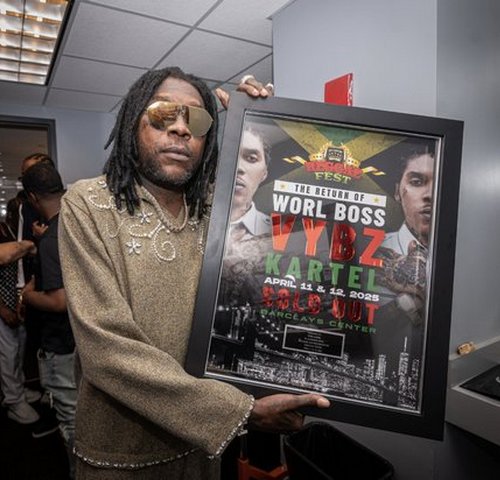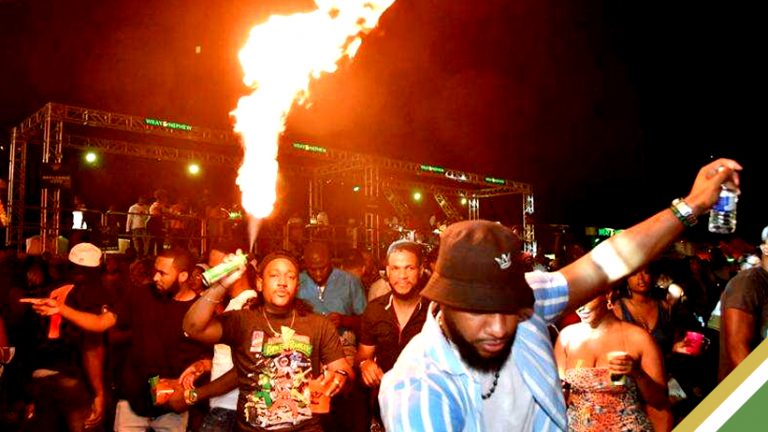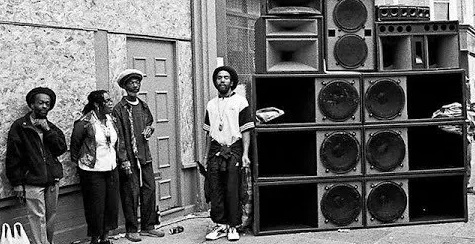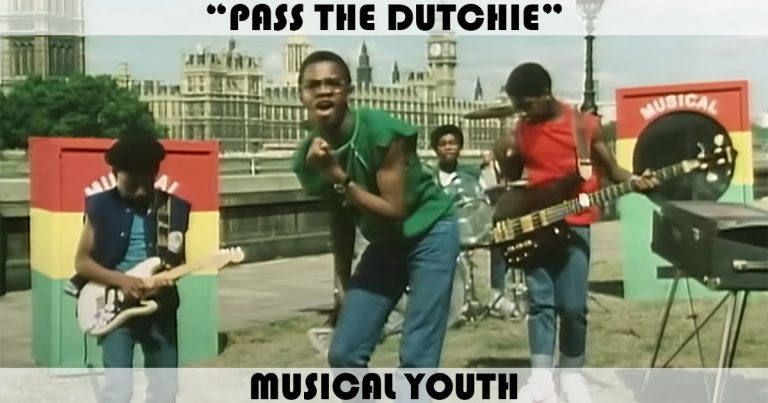The Return of Dancehall’s King
Adidja Azim Palmer, better known as Vybz Kartel, grew up in the vibrant, often chaotic neighbourhoods of Kingston, Jamaica.
Born in January 1976 at Victoria Jubilee Hospital, he spent his early years in Waterhouse before moving to Portmore.
From those streets the seeds of dancehall were planted.
He was one of six children, surrounded by music and as a teenager, sources say he was already writing ten to fifteen songs a day.
Beginnings and First Big Break
Kartel’s recorded journey began in 1993, under the moniker “Adi Banton,” with the single Love Fat Woman, released on Alvin Reid’s One Heart label.
He later became part of a small group called Vybz Kartel, before going solo.
It was in 2003, however, that he truly broke into the Jamaican mainstream.
That year saw the release of his debut album Up 2 Di Time and a notorious lyrical clash with Ninjaman at the annual dancehall showcase Sting.
The dramatic nature of that rivalry, combined with his provocative lyrics, bold personality and relentless output, ensured his ascent.
Among his early massive songs are Picture This, Clarks (feat. Popcaan and Gaza Slim), Romping Shop (with Spice) and Fever.
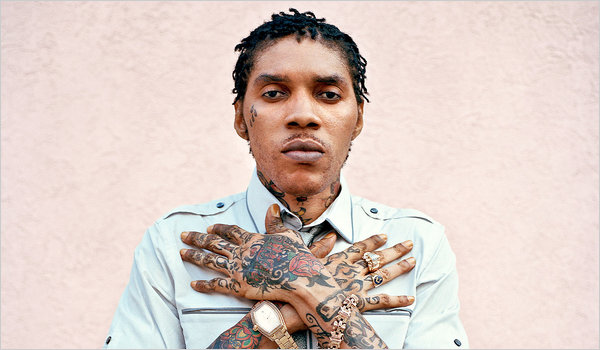
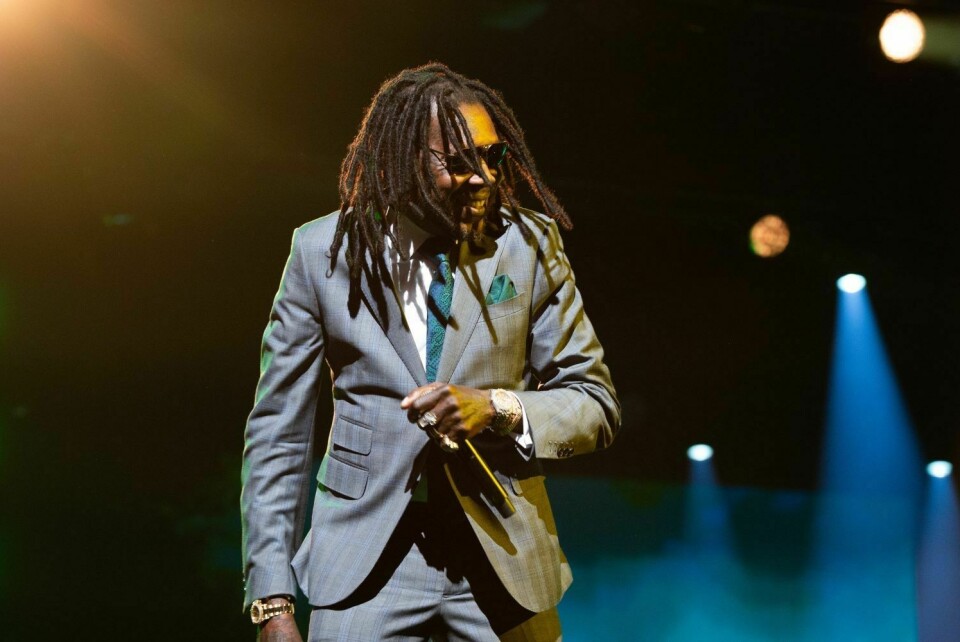
Why So Popular?
It is more than just melodies and basslines.
Kartel’s popularity derives from his unfiltered authenticity: his lyrics, often controversial, sometimes explicit, speak to the realities and fantasies of many Jamaicans.
He toggles between slackness and social commentary, bravado and vulnerability.
His persona —“Worl’ Boss”, “Teacha”— is larger than life and social media has amplified that.
Even during his years incarcerated, Kartel remained prolific: releasing music, collaborating, and maintaining an active fan base online and across the diaspora.
His influence has been acknowledged by Western artists; Drake has cited him as an inspiration.
The Court Case & Release
Kartel was convicted in 2014 for the 2011 murder of Clive “Lizard” Williams.
He was sentenced to life imprisonment (later reduced to about 32½ years).
His conviction was long contested.
In March 2024, the Judicial Committee of the Privy Council in London quashed the conviction on the grounds of juror misconduct.
A retrial was considered but ultimately dismissed by Jamaica’s Court of Appeal, citing among other things the unavailability of witnesses and the passage of time.
His release in late July 2024 after 13 years behind bars sparked strong reactions: jubilation among fans, who crowded social media and public spaces; more cautious response from law enforcement and critics, who stressed the need for due process, for respect for the victims’ families and broader conversations about justice in Jamaica.
Since His Release
Kartel has wasted no time.
Within 24 hours of release, he dropped a 12 track project titled First Week Out, mixing older popular songs with a newly voiced intro.
He also re entered the live performance circuit: his New Year’s Eve show in Kingston (National Stadium) attracted tens of thousands.
Internationally, he has announced the Worl’ Boss Tour (2025) with dates across Europe, the US and Latin America, underlining that his global pull remains strong.
He’s also been active in family life: collaborating with his son Likkle Addi (as on M.O.T.M (Man of the Match)) and speaking of his children, whom he missed while incarcerated, with evident emotion.
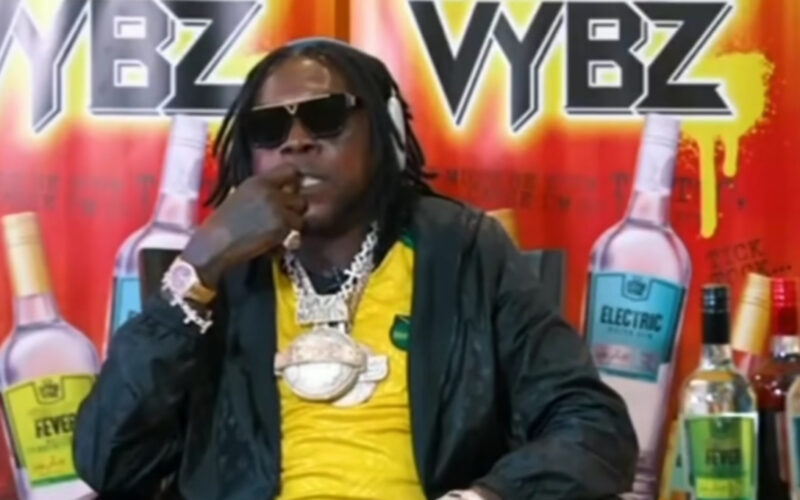
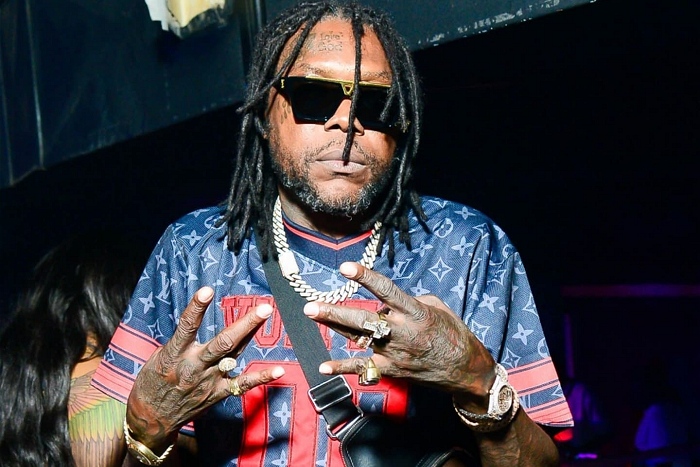
The story of Vybz Kartel is far from simple.
It is one of raw talent, controversy, legal storms and cultural resonance.
Whether celebrated or criticised, his return forces Jamaicans and the world to reckon with the complexities of justice, artistry and fame.
For those watching from Portmore to Paris, the question is not simply whether Kartel’s freedom is deserved (many believe it is), but what he will do now, not just with his voice, but with his opportunity.

